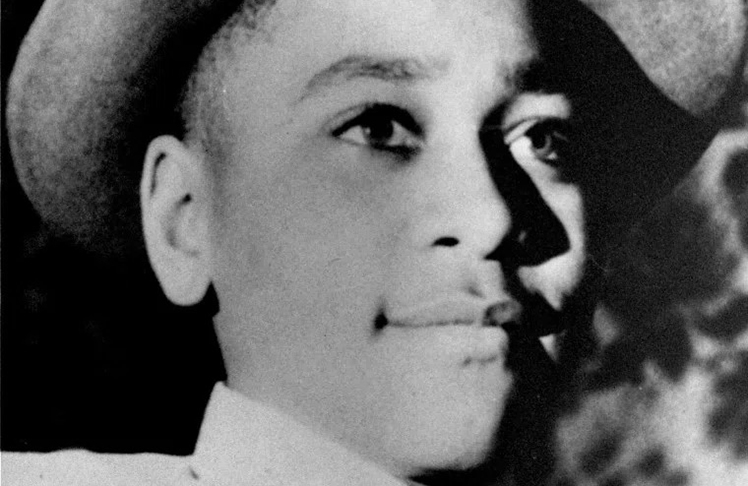
A federal investigation that re-examined the murder of Emmett Till ended Monday after the Justice Department failed to find proof that a key figure in the case lied, a senior level law enforcement official said.
Till, a Black teenager from Chicago, was brutally beaten and shot in the head in 1955 after a white woman, Carolyn Bryant Donham, said he whistled at her and touched her in a Mississippi store. He was only 14 at the time of his death.
The announcement came after the head of the department’s civil rights division and other officials met with several of Till’s relatives. Till’s family members said they were disappointed there will continue to be no accountability for the infamous killing, with no charges being filed against Carolyn Bryant Donham, the woman accused of lying about whether Till ever touched her.
“Today is a day we will never forget,” Till’s cousin, the Rev. Wheeler Parker, said during a news conference in Chicago. “For 66 years we have suffered pain. … I suffered tremendously.”
The Justice Department reopened the investigation after a 2017 book quoted Donham as saying she lied when she claimed that 14-year-old Till grabbed her, whistled and made sexual advances while she was working in a store in the small community of Money. “Nothing that boy did could ever justify what happened to him,” Mr. Tyson, a researcher and historian at Duke University, quoted Ms. Donham as saying in the book. Relatives have publicly denied that Donham, who is in her 80s, recanted her allegations about Till.
Donham told the FBI she had never recanted her accusations and there is “insufficient evidence to prove beyond a reasonable doubt that she lied to the FBI,” the Justice Department said in a news release Monday.
Bryant and Milam were not brought to trial again, and they are now both dead. Donham has been living in Raleigh, North Carolina. The FBI in 2006 began a cold case initiative to investigate racially motivated killings from decades earlier. A federal law named after Till allows a review of killings that had not been solved or prosecuted to the point of a conviction. At a news conference in Chicago on Monday afternoon, Emmett’s family members said they were disappointed by the result of the investigation but were not surprised.















